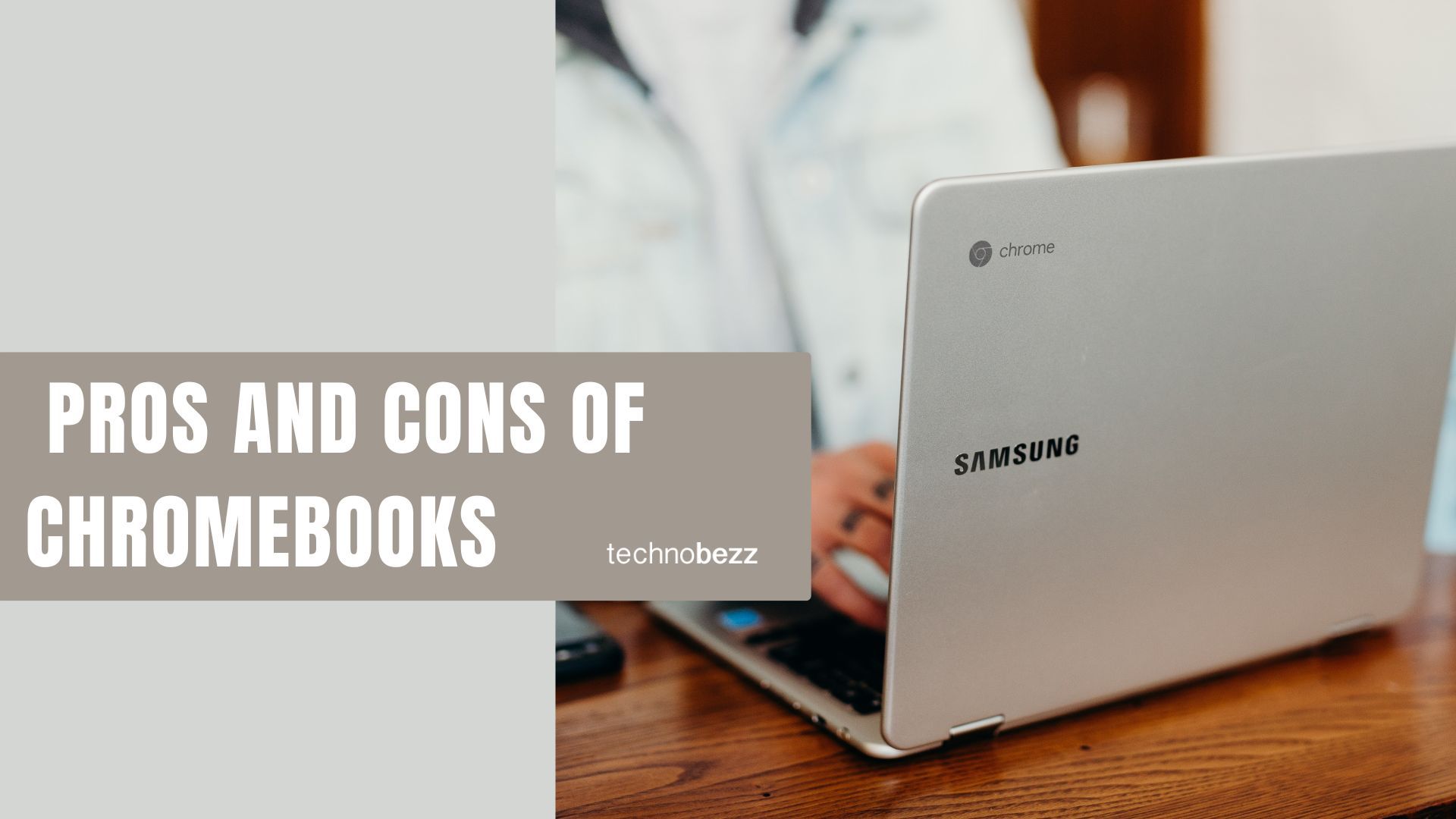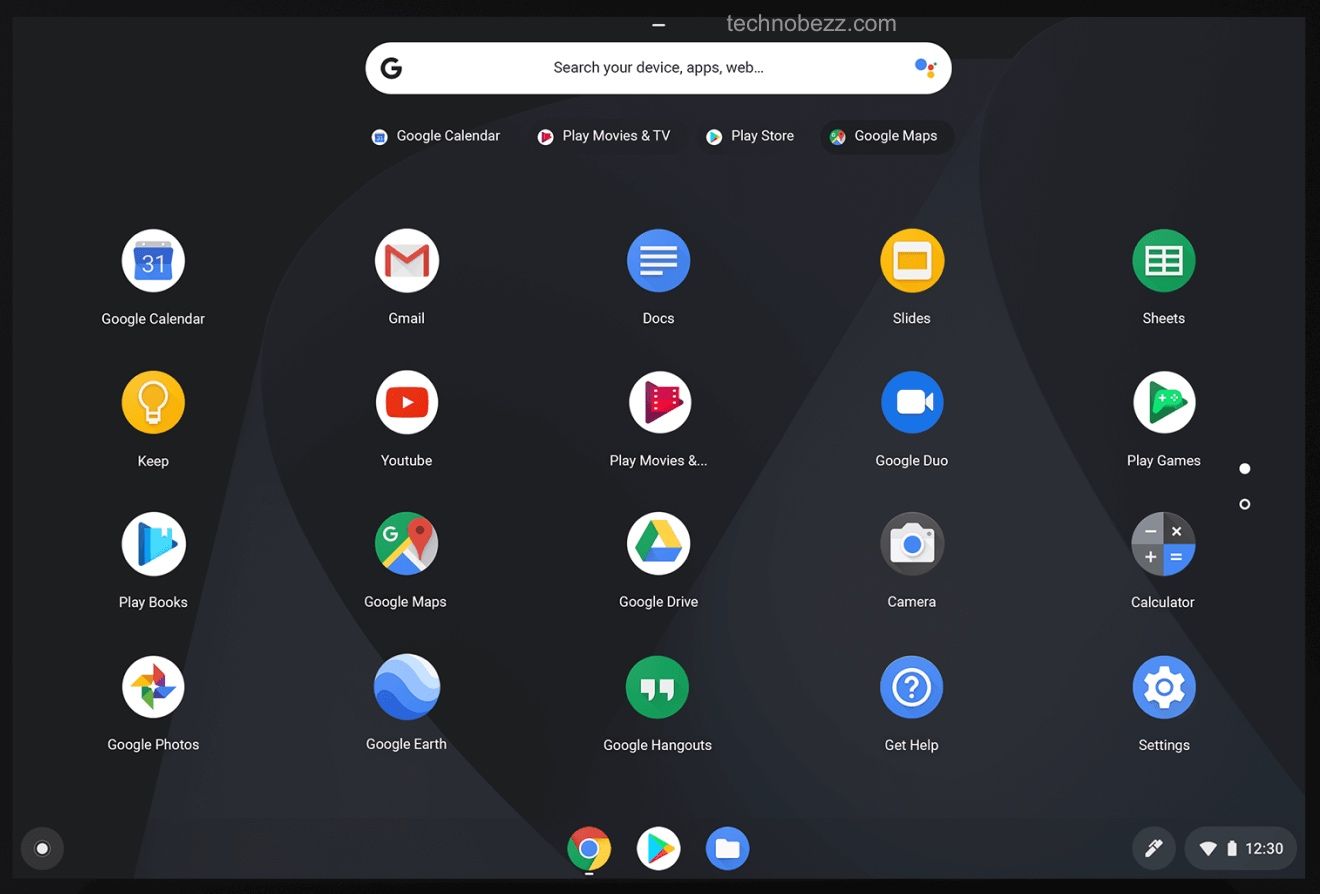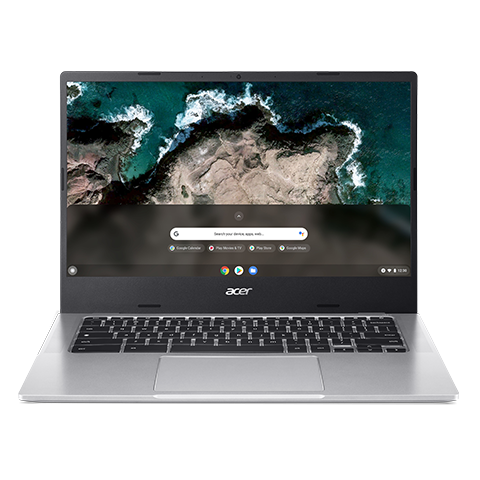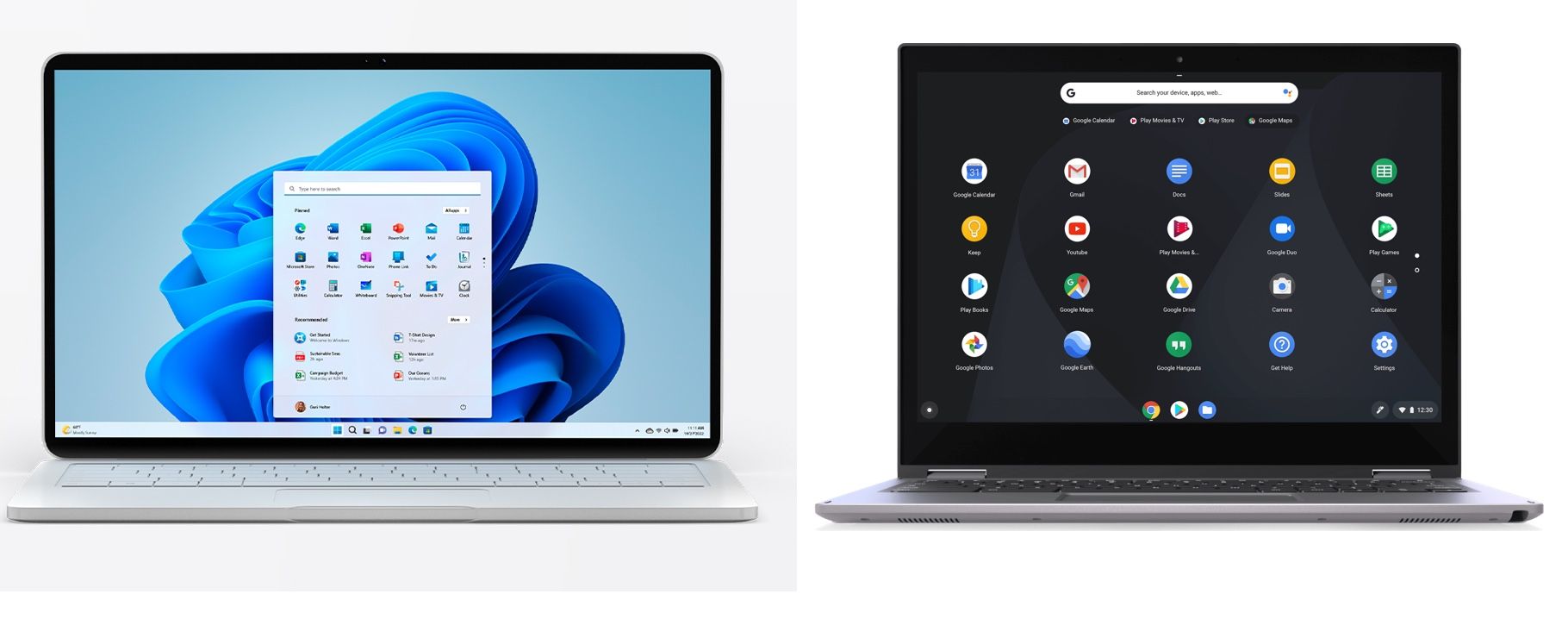
If you’ve been considering buying a new laptop, you might be torn between a Chromebook and another Windows or Mac computer. Chromebooks have grown in popularity over the last few years as they are affordable, lightweight, and great for people who spend most of their time online.
If you’re trying to decide between a Chromebook or another laptop, this article will help you understand what sets them apart so you can make an informed decision.
Summary
There are a few pros and cons to consider regarding Chromebooks. On the plus side, they are very affordable, lightweight, portable, and have a long battery life. On the downside, they’re not as powerful as some other types of laptops, they typically don’t have a lot of storage space, and they can be more difficult to use offline.
What is a Chromebook?
A Chromebook is a laptop that runs Google’s operating system, Chrome OS. You are likely familiar with Google’s Chrome browser and how it syncs all your cookies, browsing history and bookmarks between your computer, phone, and tablet. The same goes for Chromebooks as they are all connected to the cloud. 
Chromebooks typically have low processing power and small internal storage and rely on an internet connection for most of their functionality. As a result, Chromebooks are much cheaper than Mac or Windows laptops. However, recent advances have brought the price of Chromebooks closer to that of traditional laptops.
How much do Chromebooks cost?

The price of a Chromebook depends on the manufacturer and model. Chromebooks generally range in price from $100 to $1,000. The more expensive Chromebooks are usually high-end models designed for students.
The best Chromebooks under $300 are the Acer Chromebook 14 CB3-431, the ASUS Chromebook Flip C434-GHTF, and the HP Chromebook 11 G8-DCE.
The best Chromebooks under $500 are the Google Pixelbook, the Samsung Chromebook Plus V2, and the Acer Chromebook Spin CB-329.
Should you buy a Chromebook?
If you have a limited budget and spend most of your time on the Internet, a Chromebook is a viable option. However, if you need to use a lot of offline software or are a power user, you might find a Chromebook too limited. If you work in a profession that requires specialized software, a Chromebook might not be for you. There are also security concerns about Chromebooks.
Unlike traditional PCs, Chromebooks do not run a full operating system or anti-virus software. Instead, the Chrome browser provides many of the same functions as a full OS, but Google’s tight security ensures it’s less vulnerable to hacking and viruses. However, most Chromebooks don’t have a lot of storage space. You will quickly run out of room if you need to store many photos or videos.
Chromebooks also lack many of the productivity-enhancing features found in traditional laptops. You won’t find many Chromebooks with a stylus or touchscreen, and you can’t run traditional Windows or Mac software on them.
Windows vs. Chromebook: Which one is better?

Chromebooks and Windows-based computers have different advantages and disadvantages. Finding the right one for you depends on your budget, needs and work type.
The biggest advantage of Chromebooks is their price. While you can find Windows laptops starting at $200, Chromebooks are often less than $200. If you are a student or are on a tight budget, a Chromebook is a viable option.
The biggest advantage of Windows laptops is that they can run any program, like Photoshop or Microsoft Office, or use any file type. Chromebooks are restricted to web-based software that you can access in your browser.
Pros of buying a Chromebook
- They are affordable: Chromebooks are much less expensive than Windows computers. You can find Chromebooks for less than $200, while top-of-the-line Windows laptops cost several thousand dollars.
- They are portable: With a lightweight body and long battery life, Chromebooks make great travel companions. They can run for more than 12 hours on a single charge, much more than Windows laptops.
- They are secure: Unlike Windows computers, Chromebooks are less vulnerable to viruses and hacking attempts. This is because Chrome OS, the operating system on most Chromebooks, has a built-in sandbox that separates your information from the rest of the computer.
- Chromebooks are simple to use and require little to no maintenance.
Cons of buying a Chromebook
- They are less customizable: Chromebooks are designed to be simple and easy to use, which means very few of them allow you to change the operating system or install new software.
- They have less storage space: Chromebooks have less internal storage than most Windows laptops. If you plan on storing many photos or videos, you will quickly run out of storage on your Chromebook.
- They don’t run all programs: Chromebooks can only run web-based software, so if you need to use a special program, you can’t use it on a Chromebook.
Final words: Should you buy a Chromebook?
If you have a limited budget and spend most of your time on the Internet, a Chromebook is a viable option. However, if you need to use a lot of offline software, you might find a Chromebook too limited.
Chromebooks are less expensive than Windows laptops, have less storage space, and can’t run all the same programs. They are secure and highly portable but lack many productivity-enhancing features compared to Windows computers.
If you are on a tight budget and spend most of your time online, a Chromebook is a viable option.
